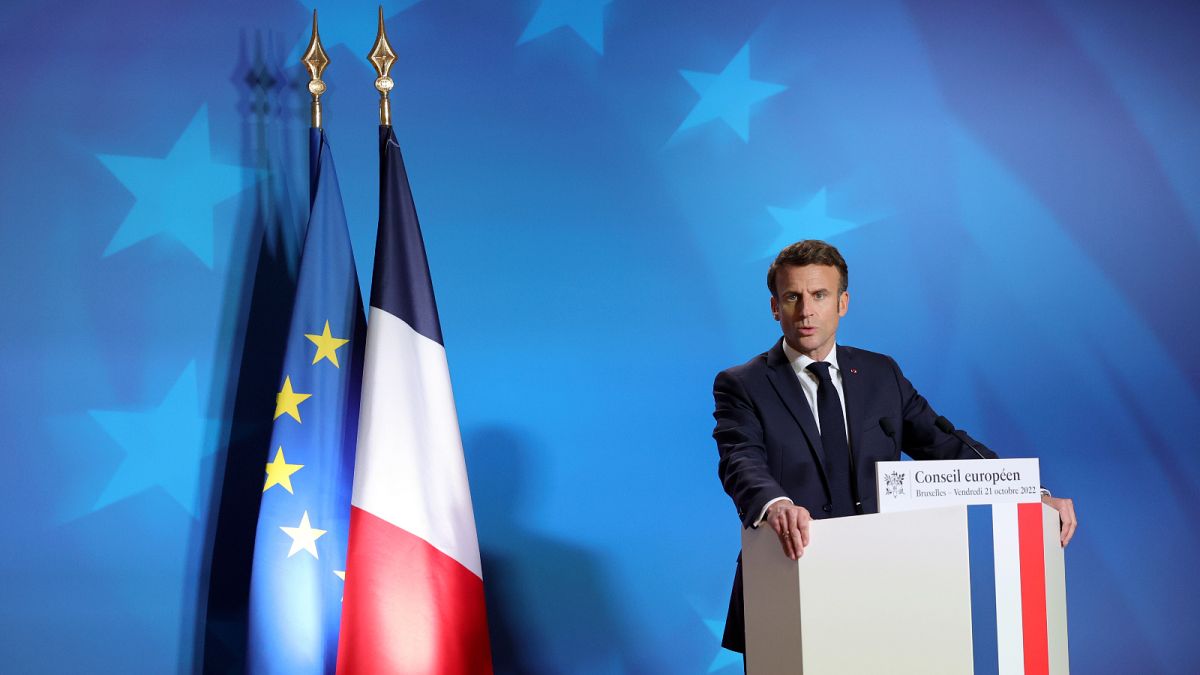"The war on European soil must not make us forget our climatic requirements and our imperative to reduce CO2 emissions," Macron said.
France became the latest European country to pull out of a controversial energy treaty on Friday, stating it is not compatible with the Paris climate accord.
President Emmanuel Macron announced his country would withdraw from the Energy Charter Treaty on the sidelines of the European Council summit in Brussels.
"We have decided to withdraw from the Energy Charter Treaty, first because it's in line with the positions we've taken, notably the Paris Accord and what it implies," he said at a press conference.
"The war on European soil must not make us forget our climatic requirements and our imperative to reduce CO2 emissions," he added.
The Energy Charter Treaty was signed in 1994 and has more than 50 signatories, including the European Union, and is meant to promote "international cooperation in the energy sector."
But it has been criticised for protecting fossil fuel companies from state regulations that could impact their potential revenues.
German energy company RWE filed a lawsuit against the Dutch government in 2021 for €1.4 billion in damages over the decision to phase out coal.
The Netherlands announced it would withdraw from the treaty earlier this week, while Spain, Poland and Germany are also reportedly planning to leave the treaty. Italy withdrew from the controversial treaty in 2016.
An agreement was reached to amend the treaty in June 2022, with the European Commission saying the modified treaty would "facilitate sustainable investments in the energy sector."
Dutch energy and climate minister Rob Jetten said that, despite the changes made to the treaty, it continued "to offer too much protection to the fossil fuel industry."
Martin Dietrich Brauch, an economist at the Columbia Center on Sustainable Investment, said that the reform process for the treaty "missed the mark in nature, scope, ambition and speed" to address the treaty's risk for climate goals.
Macron's decision to withdraw from the treaty came after France's high council on climate said a coordinated exit would be the "least risky option for respecting national, European and international commitments on the climate."
